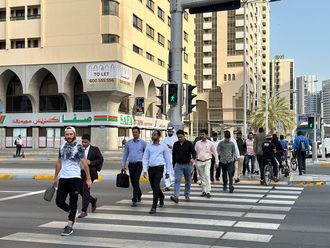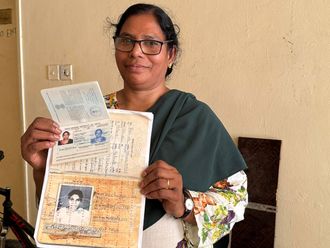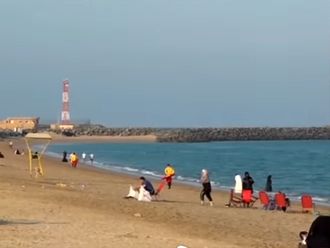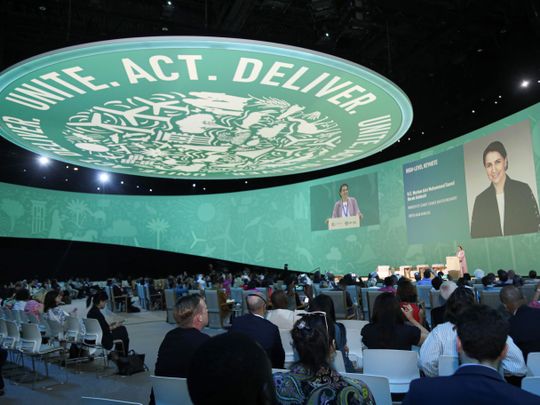
Dubai: With around five per cent of global emissions coming from the waste sector and waste projected to increase by 50 per cent by 2050, the UAE on Wednesday unveiled “Waste to Zero,” a global initiative for waste decarbonisation. Separately, a global platform to use satellite monitoring to track and measure methane emissions from waste was also launched at COP28.
Launched under the UAE’s Year of Sustainability theme, Waste to Zero is a voluntary coalition made up of governments of all levels, NGOs, and the private sector to decarbonise waste management and transform waste into resources.
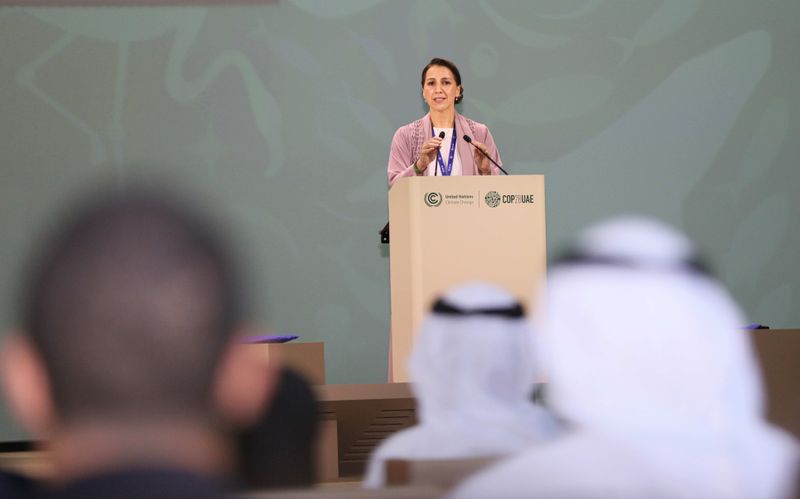
It is a pioneering initiative led by Abu Dhabi Waste Management Company (Tadweer) and the UAE Ministry of Climate Change and Environment and supported by global management consultancy Roland Berger.
The initiative aims to mobilise sectors worldwide for comprehensive waste decarbonisation efforts. With a focus on turning waste into a resource, Waste to Zero aligns with the United Nations Sustainable Development Goals and Paris Agreement targets.
The coalition is made up of governments of all levels, NGOs, and the private sector.
“Collaborating globally, we are dedicated to driving climate action by significantly reducing carbon emissions in the waste management sector," said Ali Al Dhaheri, managing director and CEO of Tadweer.
He revealed a partner network with more than 40 private endorsements, which signifies a collective commitment to the Waste to Zero declaration.
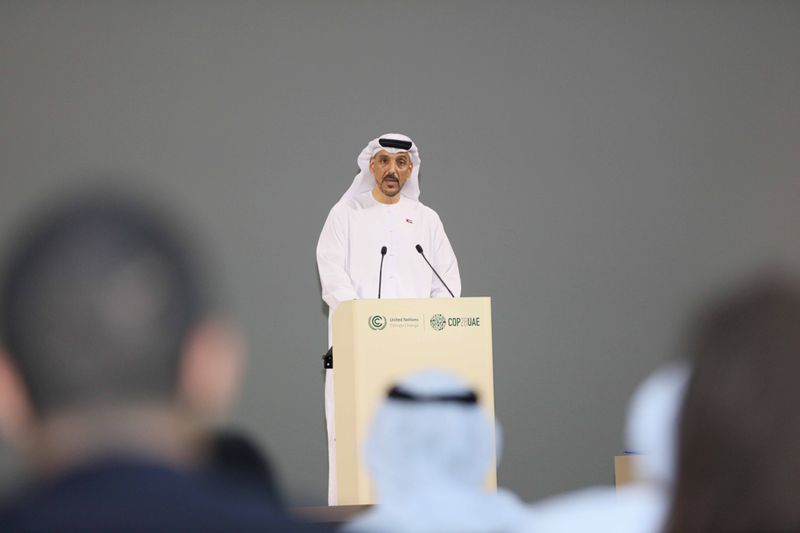
Al Dhaheri invited more stakeholders to join the mission, fostering collaboration for a cleaner, healthier, and more sustainable global environment.
Announcing the full support of the UAE government for the initiative, Mariam bint Mohammed Almheiri, UAE Minister of Climate Change Environment, said 127 more companies are ready to come on board. The minister said the UAE is inviting all countries to accelerate the transition to a circular economy and decarbonising waste management to mitigate the emissions from waste. Almheiri assumed the chairpersonship of the coalition.
“Today is just the beginning. And I look forward for the first results of this coordinated action between governments, the private sector and civil society through the Waist to Zero initiative. We aim to address all possible solutions,” she added.
Framework, crucial steps
Hani Tohme, Middle East Managing Director and Head of Sustainability MENA region - Roland Berger, presented a framework of the initiative focused on cooperation, innovation, and implementation.
"We're committed to forging alliances to catalyse global change in waste management practices. Focused on sustainable solutions, we aim to minimise the environmental impact of waste management," he said.
He pointed out that the adoption of best practices among major players can create a domino effect, driving fundamental change in the industry.
The crucial step of implementation involves bringing together all elements in the ecosystem — powerful technologies, regulations, financing, and social activities. This holistic approach ensures effective implementation for tangible results in waste management transformation, said Tohme.
“We have to first address the worldwide challenge of food waste. Fifty per cent of the waste is typically organic.”
Focus areas
The five key focus areas will be:
- Addressing the global challenge of food waste to reduce emissions at the source.
- Transforming global infrastructure to enhance landfill diversion and eliminate harmful practices.
- Exploring innovative technologies to transform waste into valuable resources.
- Focusing on emissions reduction throughout the waste value chain, from collection to recycling.
- Emphasising the importance of data and digital solutions for effective waste management.
Greener road ahead
The milestone plans announced at COP28 include the activation of work streams, with the first environmental footprint assessment and emission reduction plan presented at COP29.
By COP30, a pipeline of bankable decarbonised projects for waste management investment will be introduced, announced Al Dhaheri.
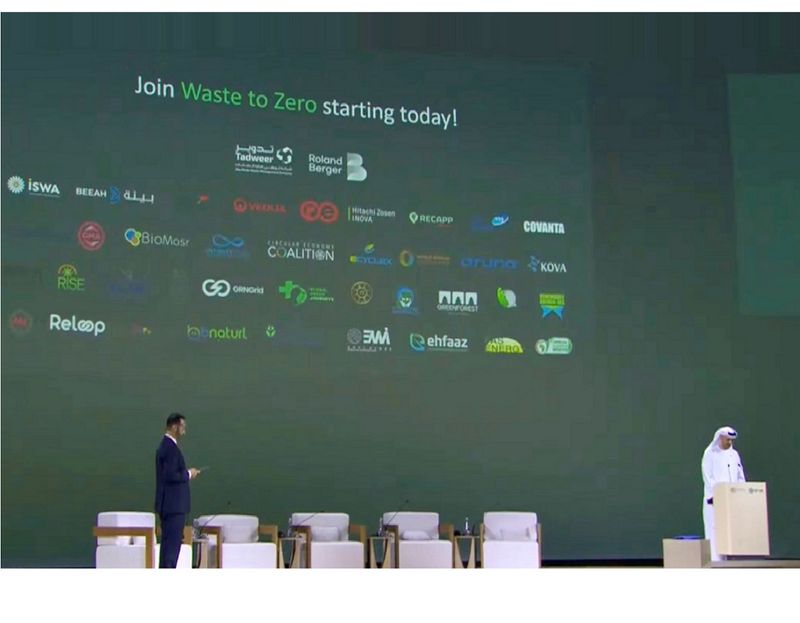
New Waste MAP
On Wednesday, COP28 also witnessed the launch of a global platform to use satellite monitoring to track and measure methane emissions from waste.
Called the ‘Waste MAP,’ it is developed by the Global Methane Hub3 , Google Foundation, Rocky Mountain Institute, Clean Air Taskforce (CATF), the Netherlands Institute for Space Research (SRON)/GHGSat, and Carbon Mapper.
Local governments and NGOs can use the platform to identify and mitigate methane emissions before they become hazardous. The platform is set to go live in 20 global megacities that are collectively home to over 100 million people.
Earlier at COP28, the US space agency NASA had announced the launch of the US Greenhouse Gas Centre which can measure or track methane emissions in city blocks from space.


